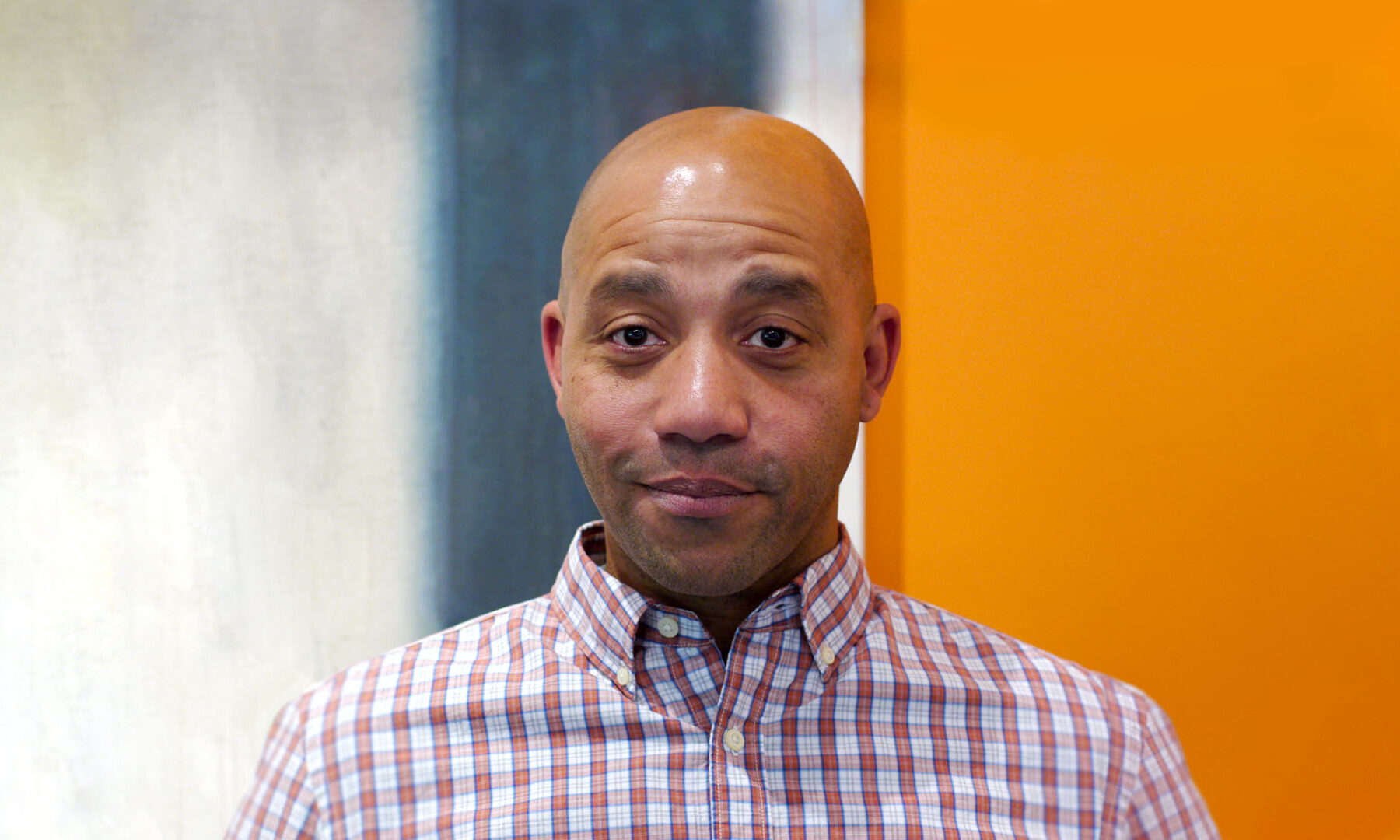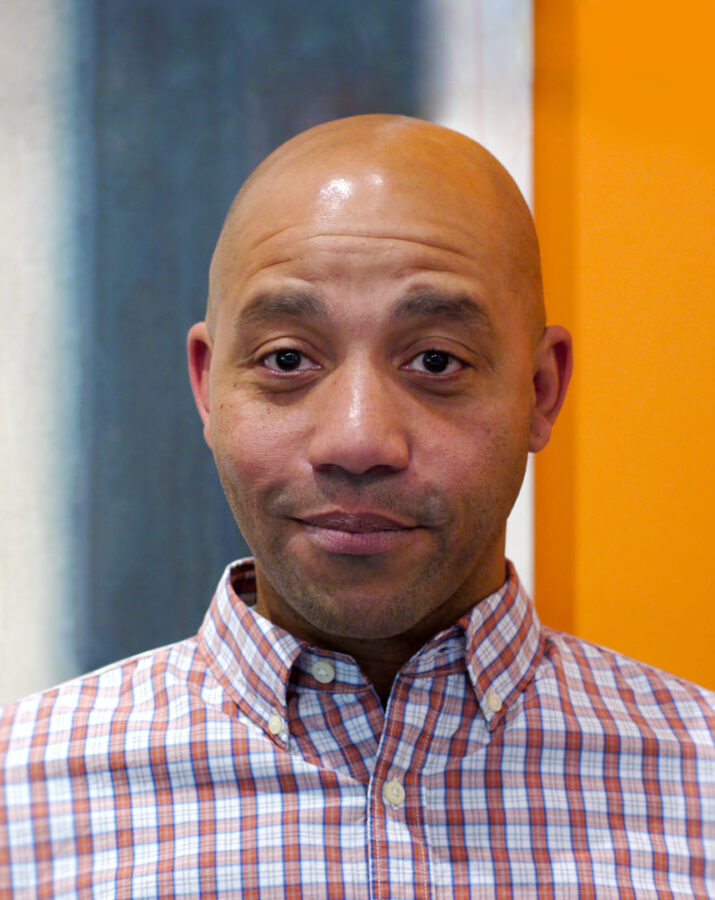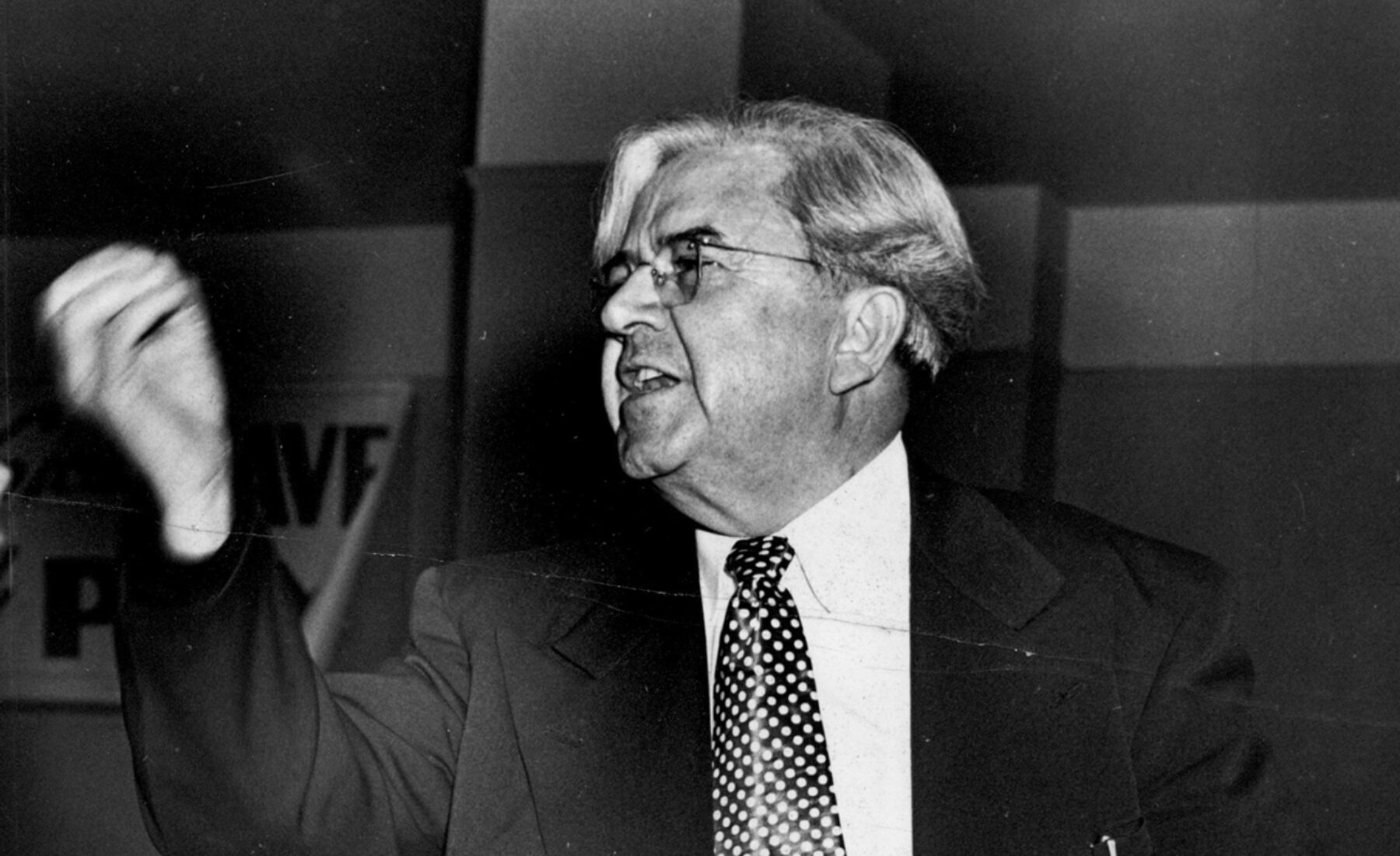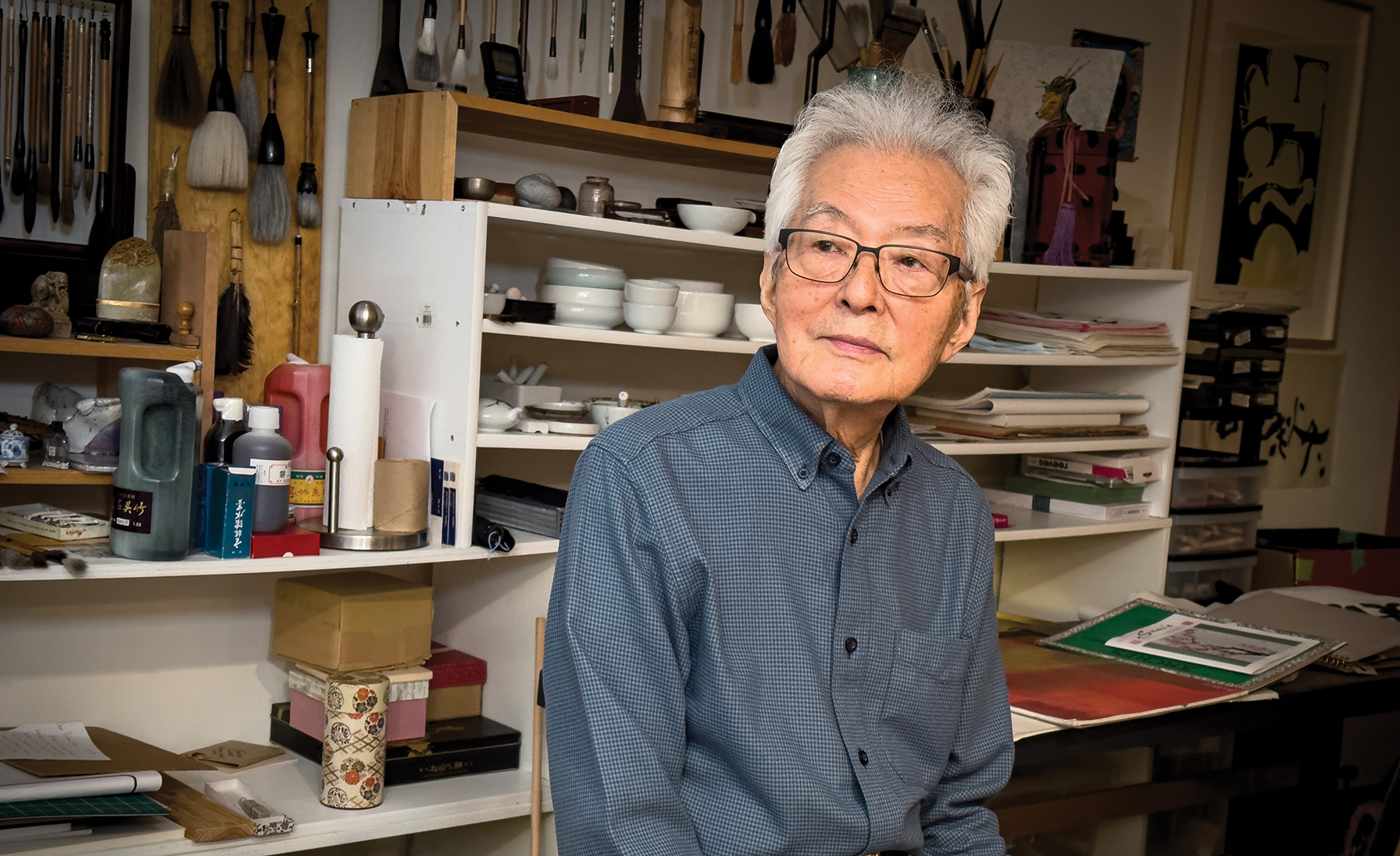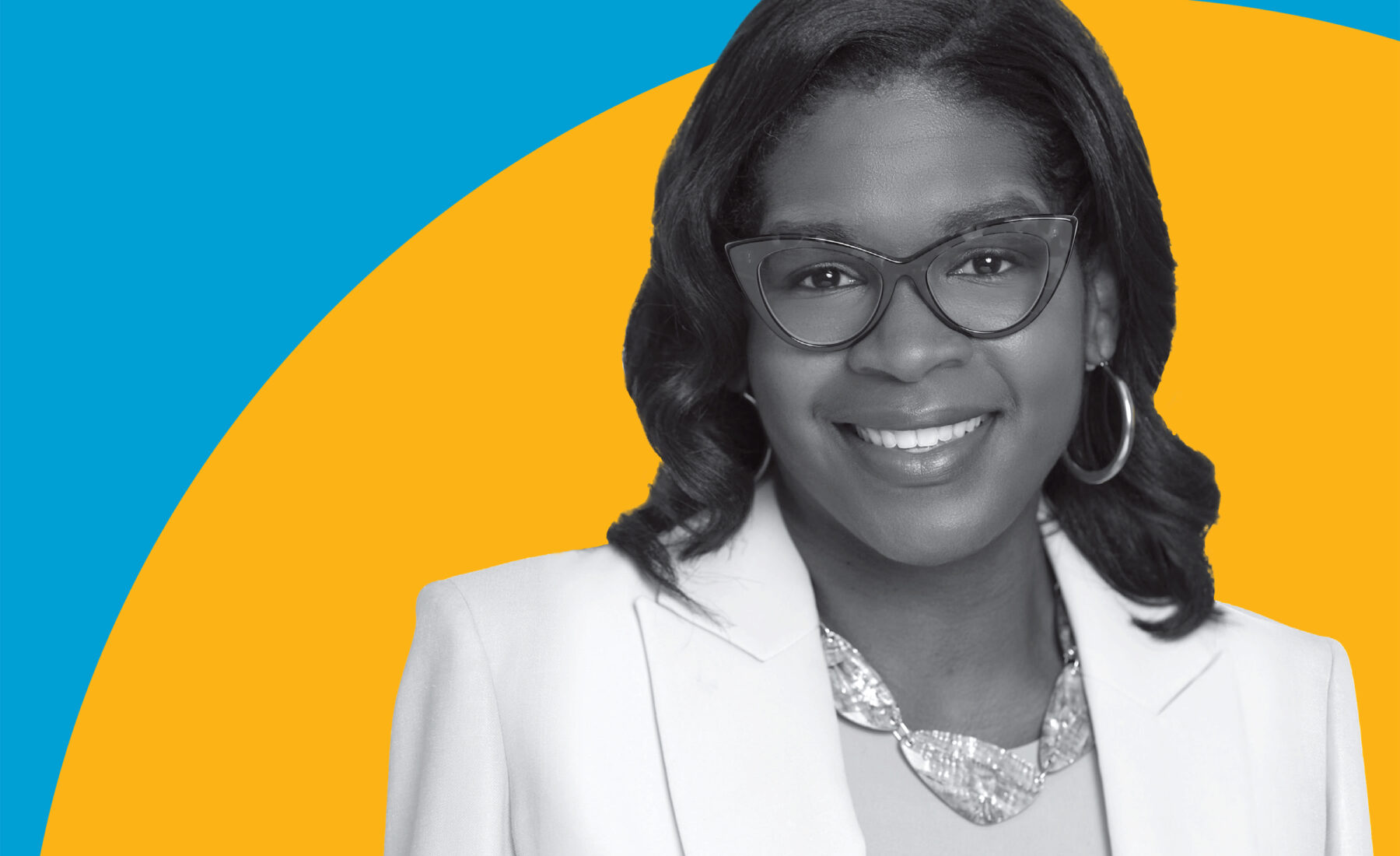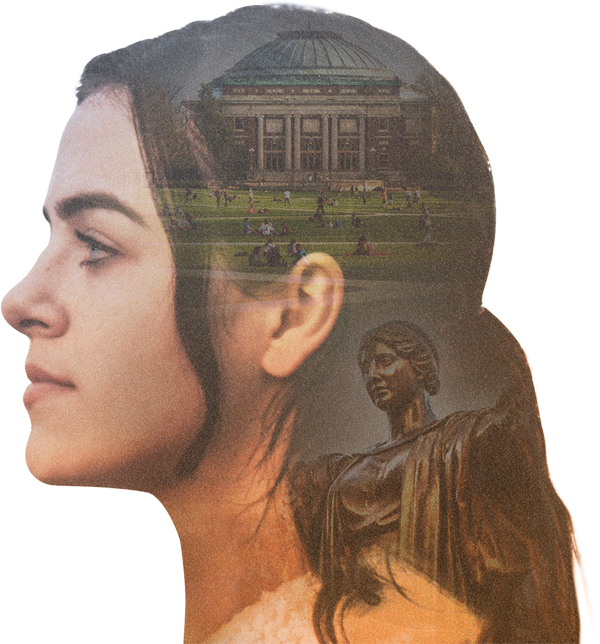David Wright
Professor, Department of English
Born in Orleans, France
BA in French, Carleton College; MFA, University of Massachusetts-Amherst
English Professor David Wright is a novelist, but his own story is just as beguiling as the fiction that he writes.
He is the son of a French Jew who survived the Nazi occupation of Paris and a Black American GI. After the war, his father brought his mother back to America, moving from one military base to another in the middle of the country. This was an America where their marriage was illegal in sixteen states. It wasn’t until Wright was three years old that Loving v. Virginia decriminalized interracial marriage. In the 1970s, the family settled in West Texas, where Wright grew up.
Wright knew he would leave Texas, though he may not have imagined how far he would go. He went to college in Minnesota, spent time in Paris playing American football, hitchhiked through Brazil, and worked on a development project in West Africa.
That lived experience informs the stories he writes, which in turn reflect back to him an understanding of himself and of the role of identity in America.
“Part of my travel was what we all do to try to know ourselves, but maybe knowing myself was just a little bit more international and complicated,” Wright said with a laugh.
“What I realized is that I really write about mixedness. America, to me, is about mixedness. We have these notions of purity—whether it’s racial purity or a period of purity in our history—and these notions carry into our present. But from the very beginning, America has been about mixing,” he said.
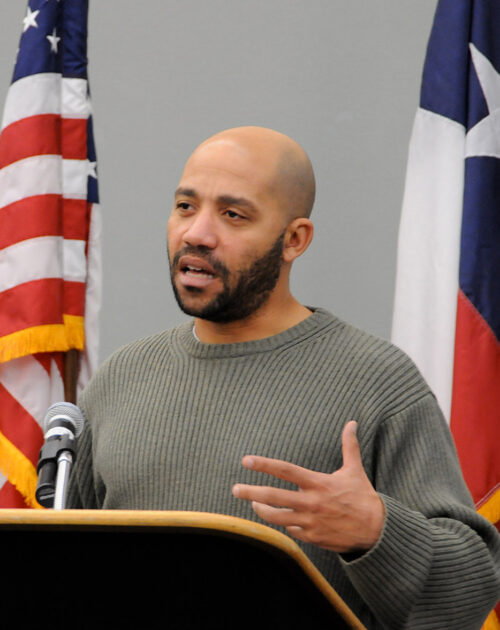
Wright’s newest novel addresses this theme of mixedness through the story of Richard Etheridge, a man who was born a slave, served in the Union Army, and then, after the Civil War, became a captain in the Life-Saving Service, a precursor to the U.S. Coast Guard. He courageously led Station 17 of Pea Island, North Carolina, situated on the Outer Banks where ships often ran into trouble along what was known as “the Graveyard of the Atlantic.” When the white members of the station refused to work under Etheridge, he amassed an entirely Black crew.
Wright was first introduced to the story of Richard Etheridge in his first year of grad school by fellow student David Zoby. Wright and Zoby went on to dive deeply into Etheridge’s life and write Fire on the Beach, a nonfiction account of Etheridge and the Pea Island Lifesavers.
That book was published almost twenty years ago, and yet Etheridge’s story never left Wright.
His new novel, tentatively titled, Nigh-on a Brother, brings Etheridge back to life, this time in a fictionalized account set during three weeks of the Civil War. In August, the New Yorker interviewed Wright and ran an excerpt from the book.
“Part of what I learned in my research about him was that he was his master’s son—though it is nearly impossible to prove,” said Wright. Etheridge’s master had another son who was white, and, in the novel, Wright explores the relationship between the two brothers set against the backdrop of a battle in North Carolina.
“The story is fundamentally about a man dealing with his conflicted paternity. It is brother vs. brother where one of the brothers is Black and one is white, where one is a former slave and one is his former slave owner,” said Wright. “It is also the story of men attempting to assert their identities as Freedmen in a world that wants to imagine them not capable…a story of them pushing back against white supremacy.”
Wright acknowledges a connection between Etheridge’s experience in the mid-1800s and now. “If writing about Richard Etheridge in this three-week period in 1863 is somehow writing about myself, who was born in the mid-1960s and experienced race over the course of the past fifty years, then yeah, there’s a definite connection. I think it has to do not just with the mixing part, but the forces that are actively pushing against acknowledging it. The forces that actively push against recognizing it and embracing it.”
Now in his fifties, Wright finds himself a bit more settled, even if he still straddles multiple geographic locations—he spends part of the year in Austin, Texas, and the other part of the year in Urbana.
“Home extends to the boundaries of my body,” Wright explained. “Home is wherever I am, and by extension, wherever the people who are near and dear to me are. The people I can touch and bring into my daily life.”
Wright’s novel is set to publish in January of 2022.
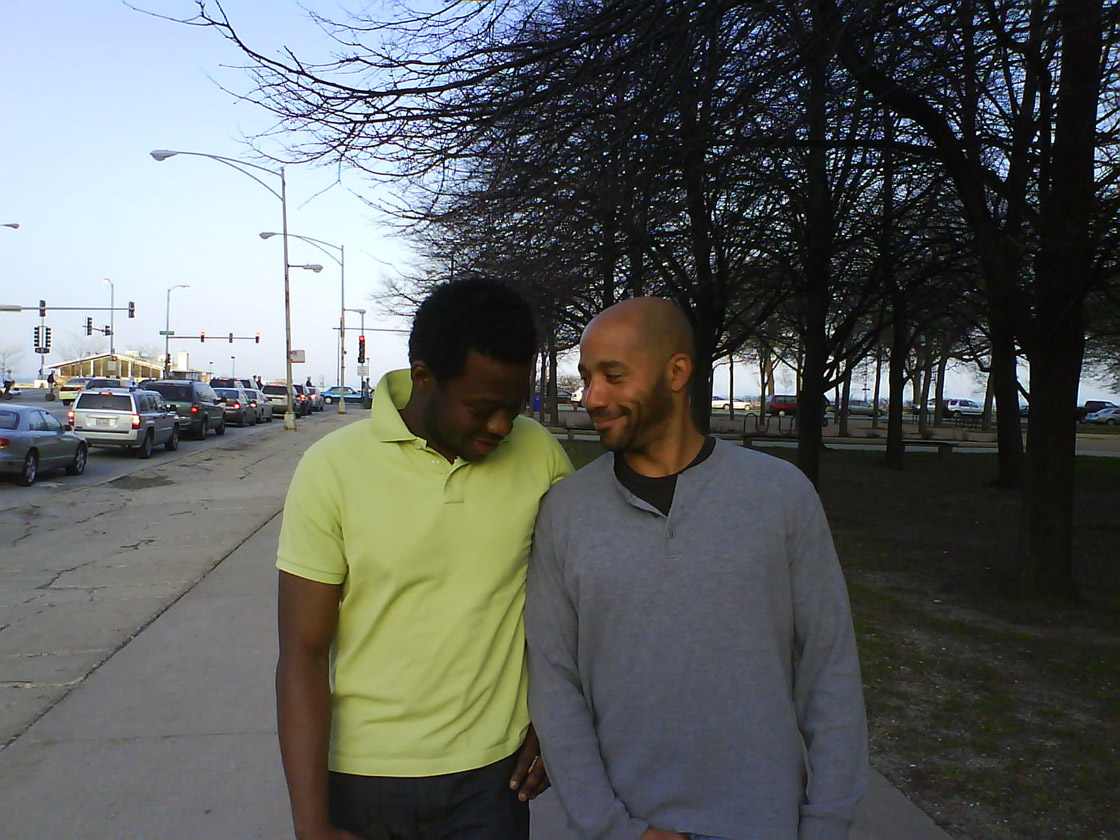
✦ ✦ ✦
We wanted to get to know Wright a little better, so we’ve asked him to answer an abbreviated version of the Proust Questionnaire for STORIED. Once a popular Victorian parlor game made famous by Marcel Proust, the Proust Questionnaire has been used by reporters over the century and across the globe to reveal a side of leaders, artists, actors, and public figures we may not usually see. You might recognize the format from the back page of Vanity Fair, which has had celebrities answer the questions since 1993.
✦ ✦ ✦
What is your idea of perfect happiness?
Enjoying really good days, regularly—composed of a morning, reading and writing; a long lunch with family and friends, discussing and debating and laughing; an evening, unwinding.
What is your idea of misery?
The ongoing ideas (specious, to my mind) that, in our society, the principle of individual liberty matters above all—and above those of equality and justice. That government is the problem. That it is more important to win than merely to have played the game.
Which talent would you most like to have?
A 4.2 time in the forty-yard dash. Short of that, the ability to process ideas more quickly and to retain information better and for longer.
What is the quality you admire most in a person?
A big heart.
Who are your heroes in real life?
Bryan Stevenson, Rachel Maddow, Malala Yousafzai, Colin Kaepernick, my mom.
Who are your heroes throughout history?
Harriet Tubman, Frederick Douglass, Bayard Rustin, Malcolm X, Patrice Lumumba, James Baldwin, Ella Baker, Nelson Mandela, Steve Biko, Harvey Milk, Toni Morrison, Paulo Freire, my mom.
What is your most treasured possession?
Possessions aren’t really my thing. I’m happy I have what I need—and in more cases than I might have predicted, what I merely want. But these matter so much less to me than the relationships that define my life.
What is your motto?
Don’t have one.
What motivates you?
To be an honest man and a good writer.
Which words or phrases do you most overuse?
“Awesome.” And I use it much too much.
What do you consider your greatest achievement?
No disrespect intended, but this strikes me as not the right question. Not for me, at least. It’s too backward looking. Looking forward, I’d love to write a book that is taught in the schools after I die. It’s not a goal or an objective, per se. I’m a little bit superstitious, and to make this a goal would, in my personal cosmology, be a sign of a sort of lack of humility, or of hubris maybe, and would risk jinxing me. I wouldn’t tempt the Fates in this way. No, you just keep your dreams in mind and then work, work, work.
If you were to die and come back as a person or thing, what would it be?
Like I said, I’m a bit superstitious. Though I do not fear it, I try not to think too much about my death. As I went there for the previous question, maybe I ought to leave it alone in this one.
Who is your favorite musician?
Prince (most respected, if not always my favorite).
Who is your favorite writer?
Toni Morrison (bar none).
Who is your favorite artist?
Titian (his work first allowed me to recognize capital-‘a’ Art, even though, at the time, I couldn’t articulate a definition of it).
Where is your favorite spot in the world?
Le Pont des Arts, in Paris. On a beautiful April early-afternoon, after a long lunch, alongside a good friend and with a bottle of champagne and two flutes borrowed from a nearby café, we could solve all the world’s problems.
This story was published .